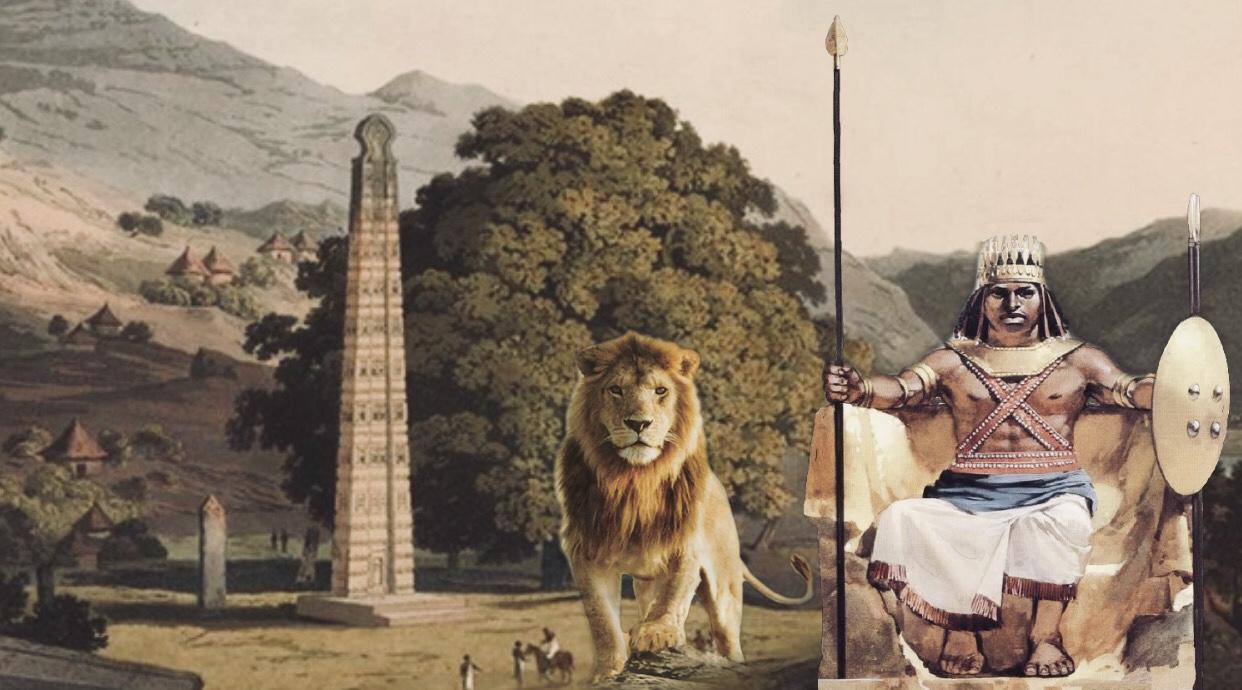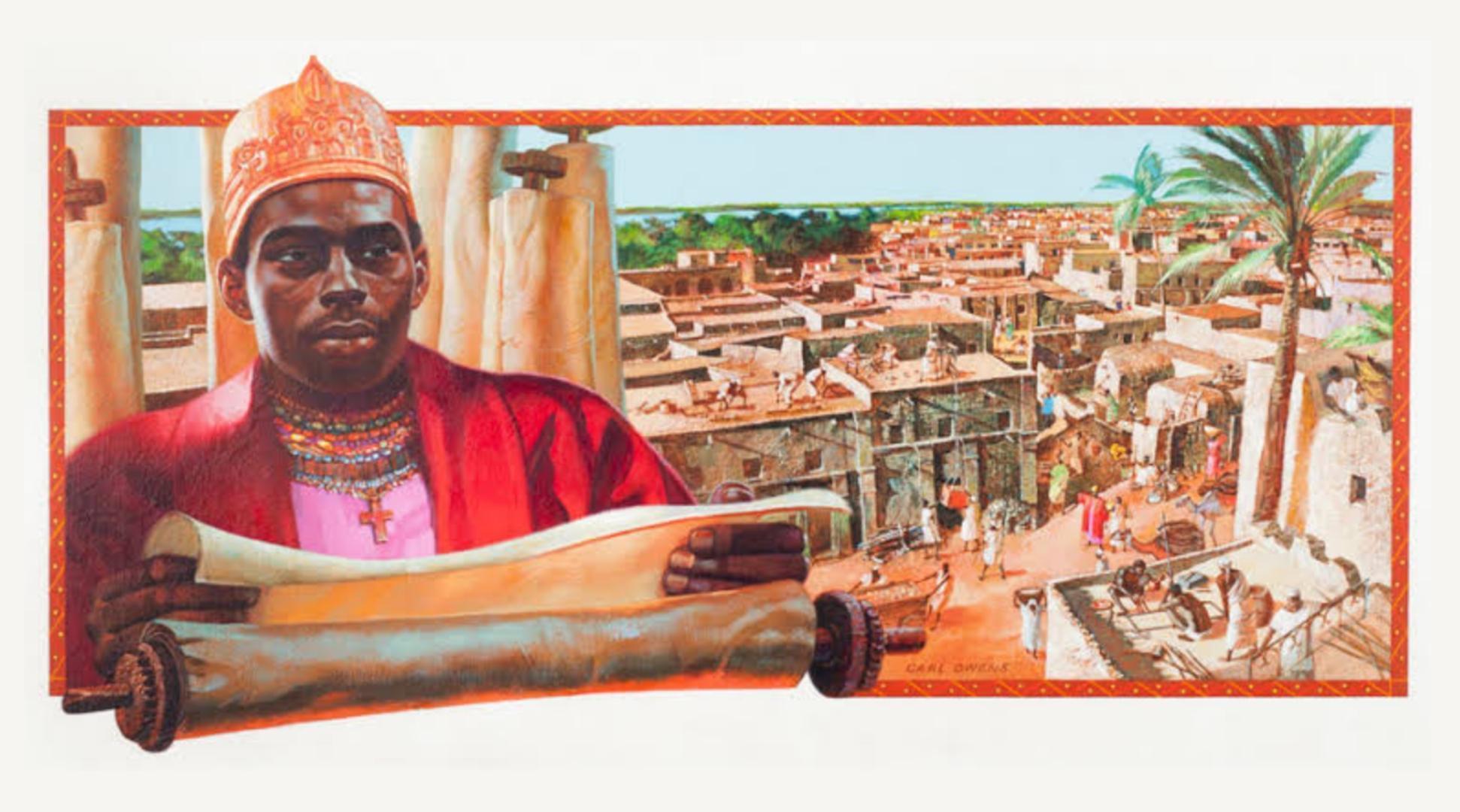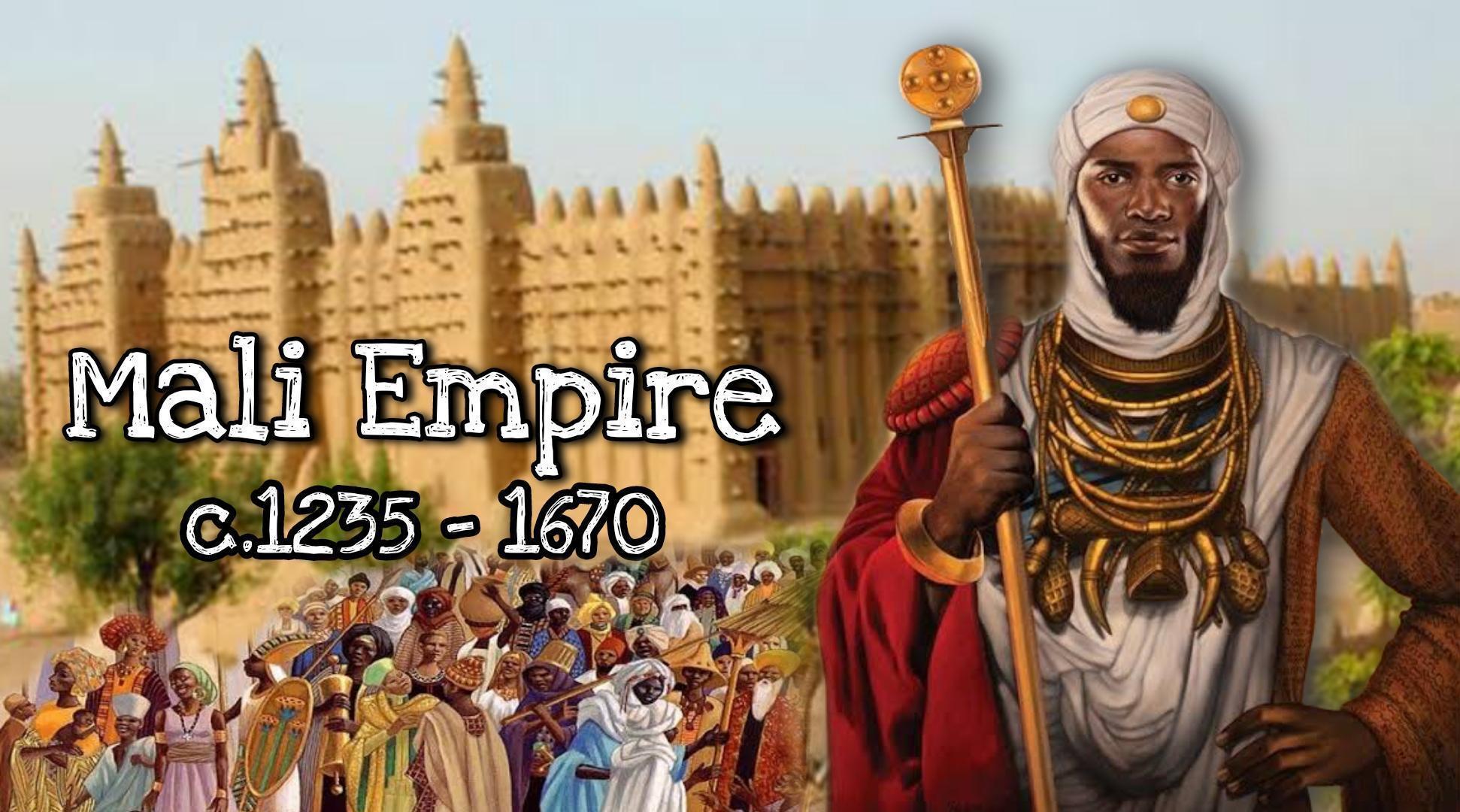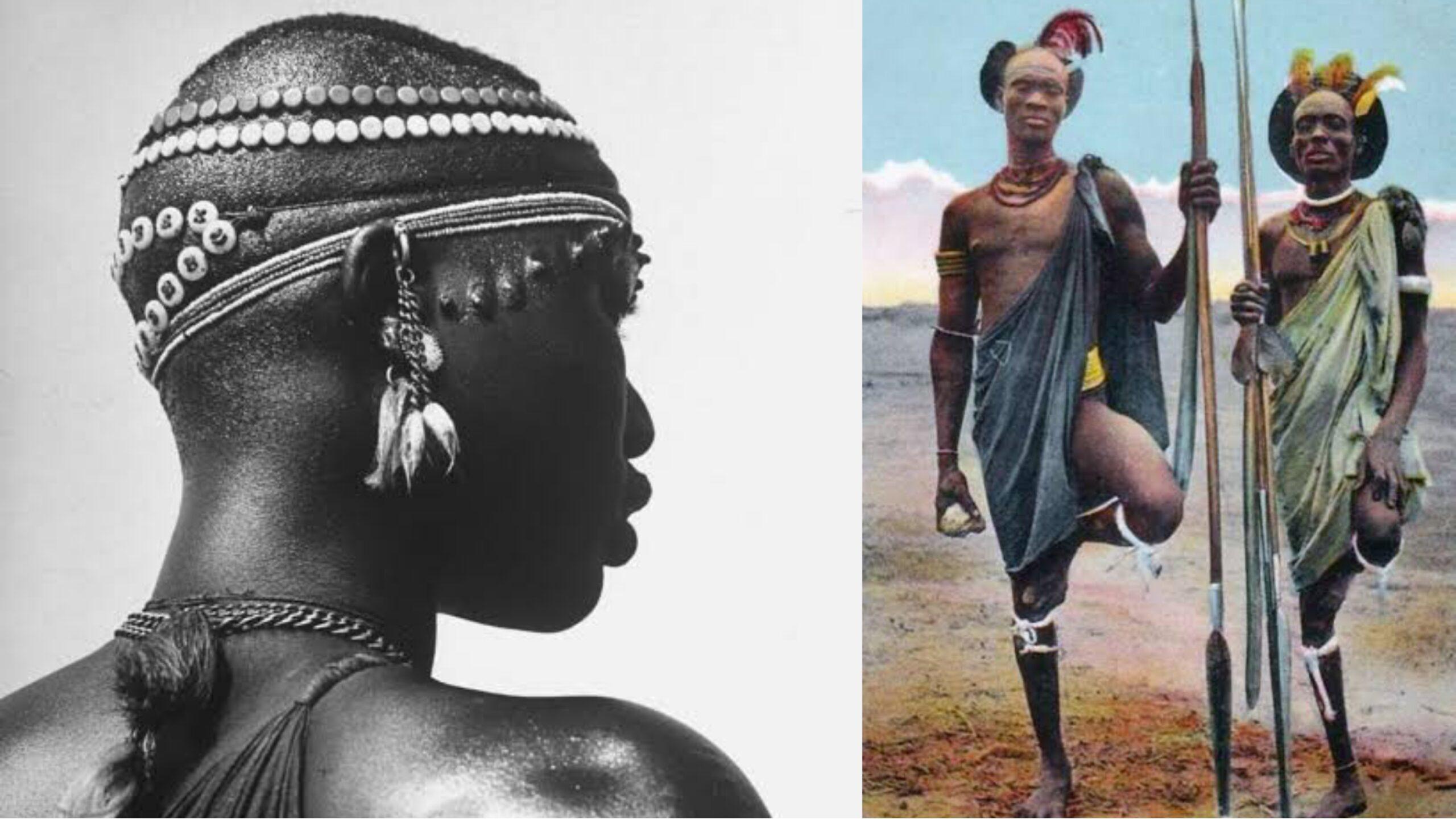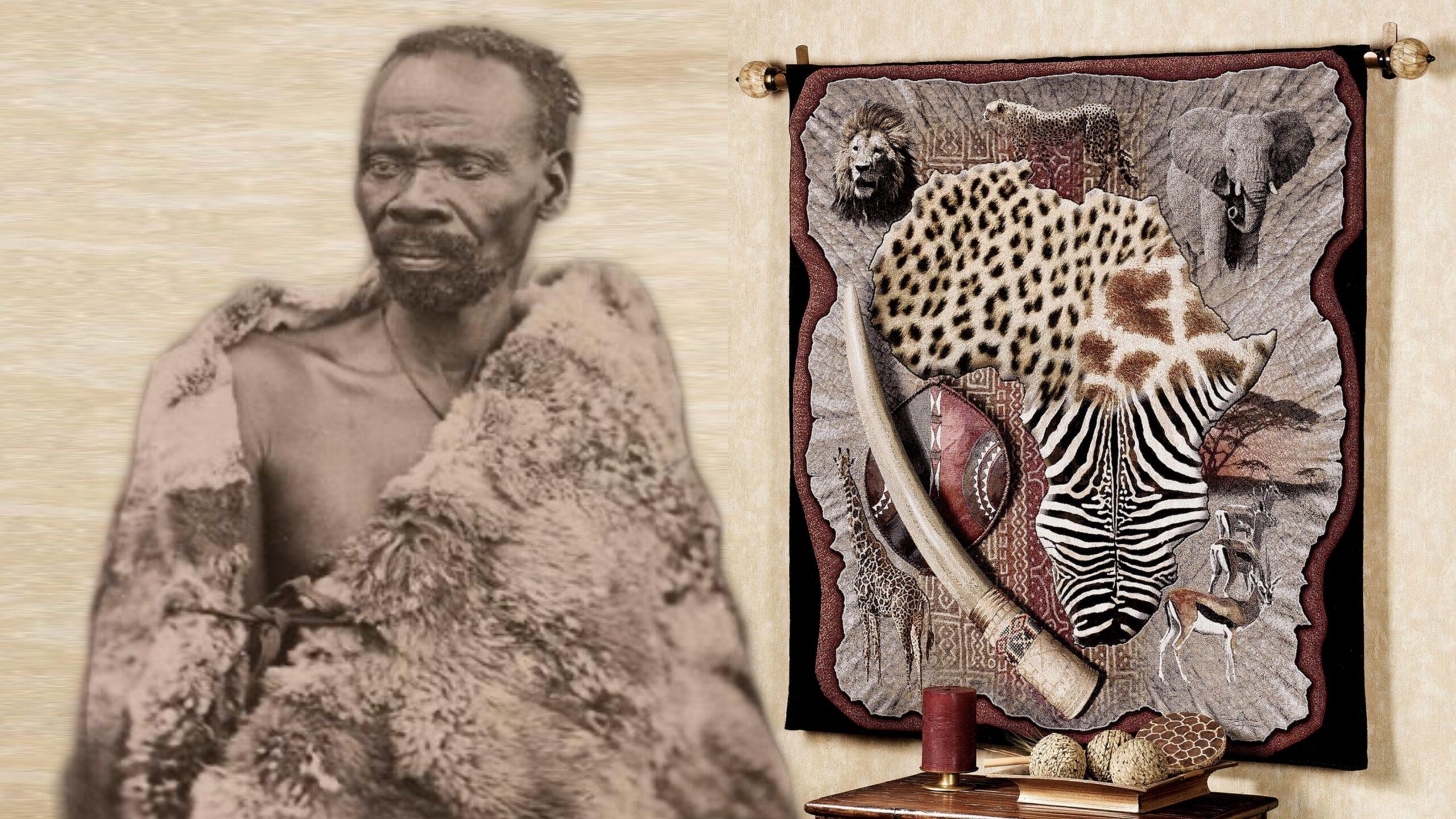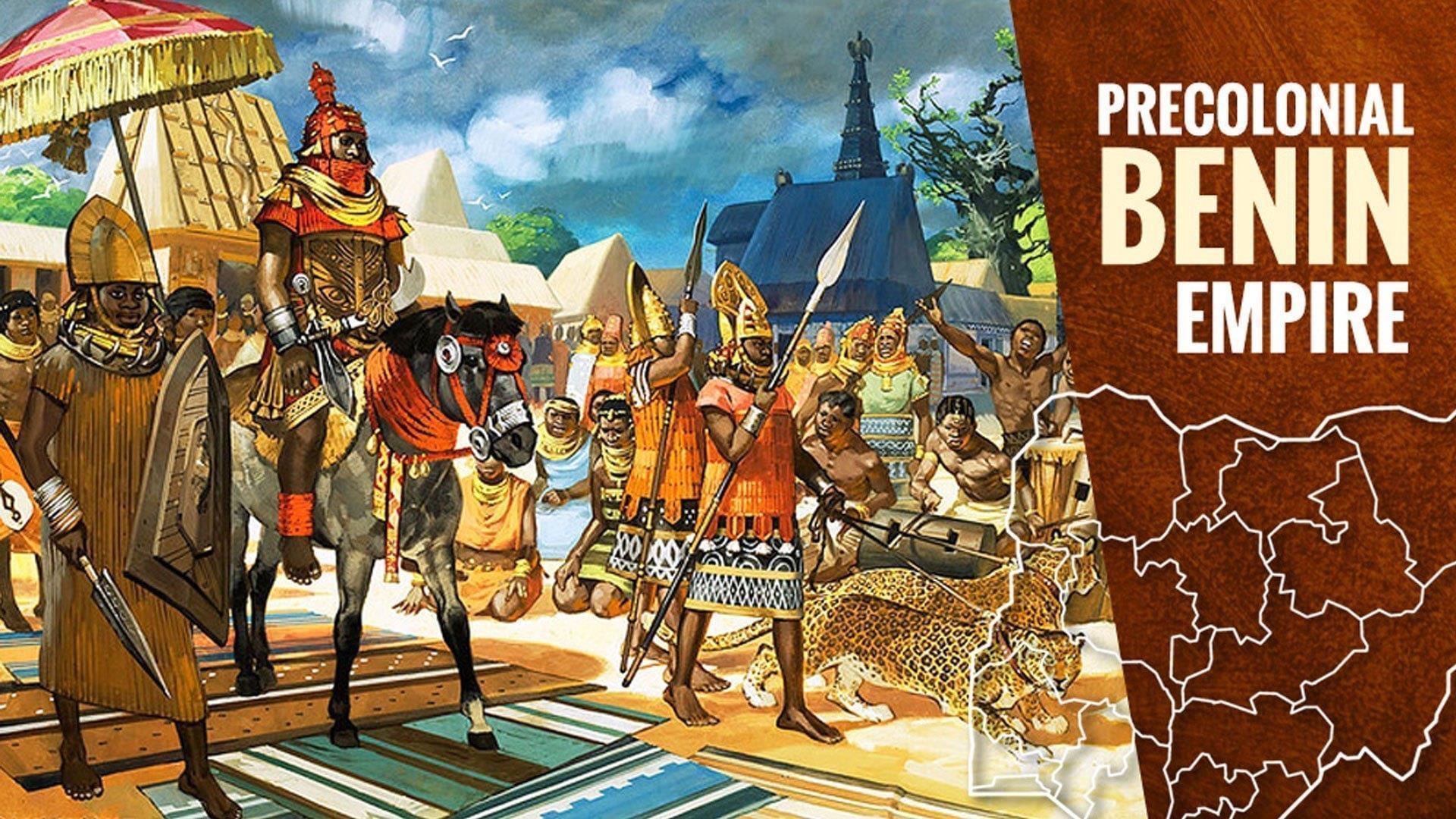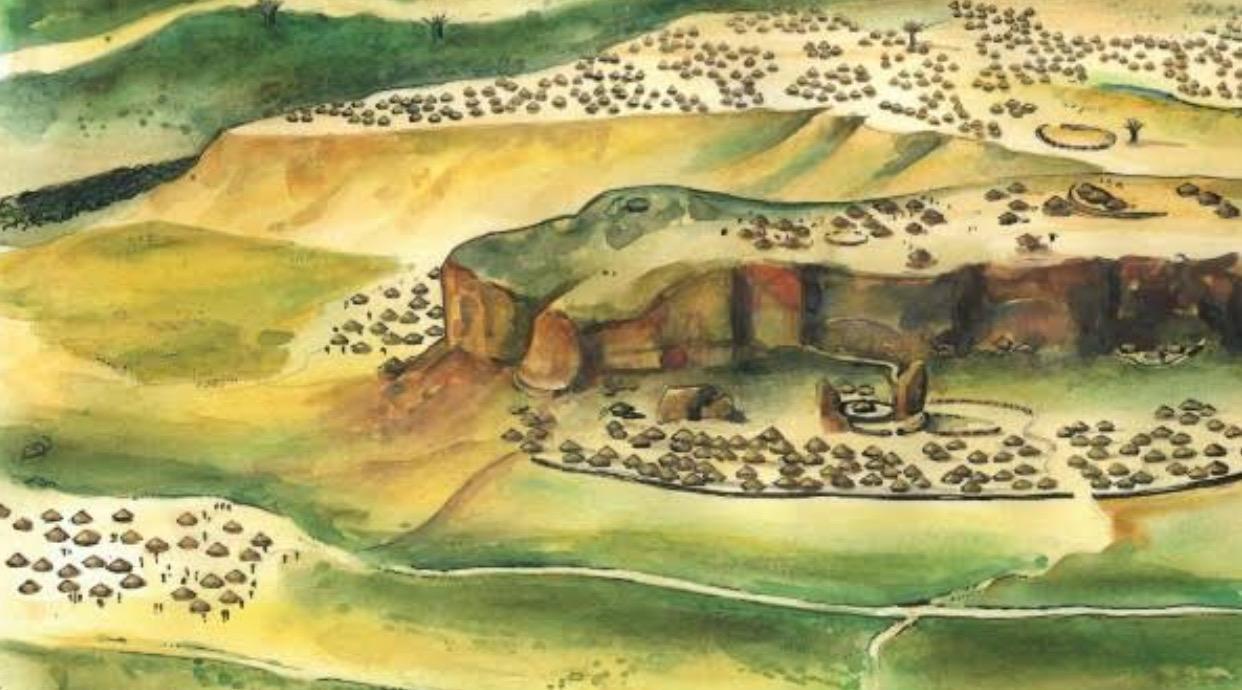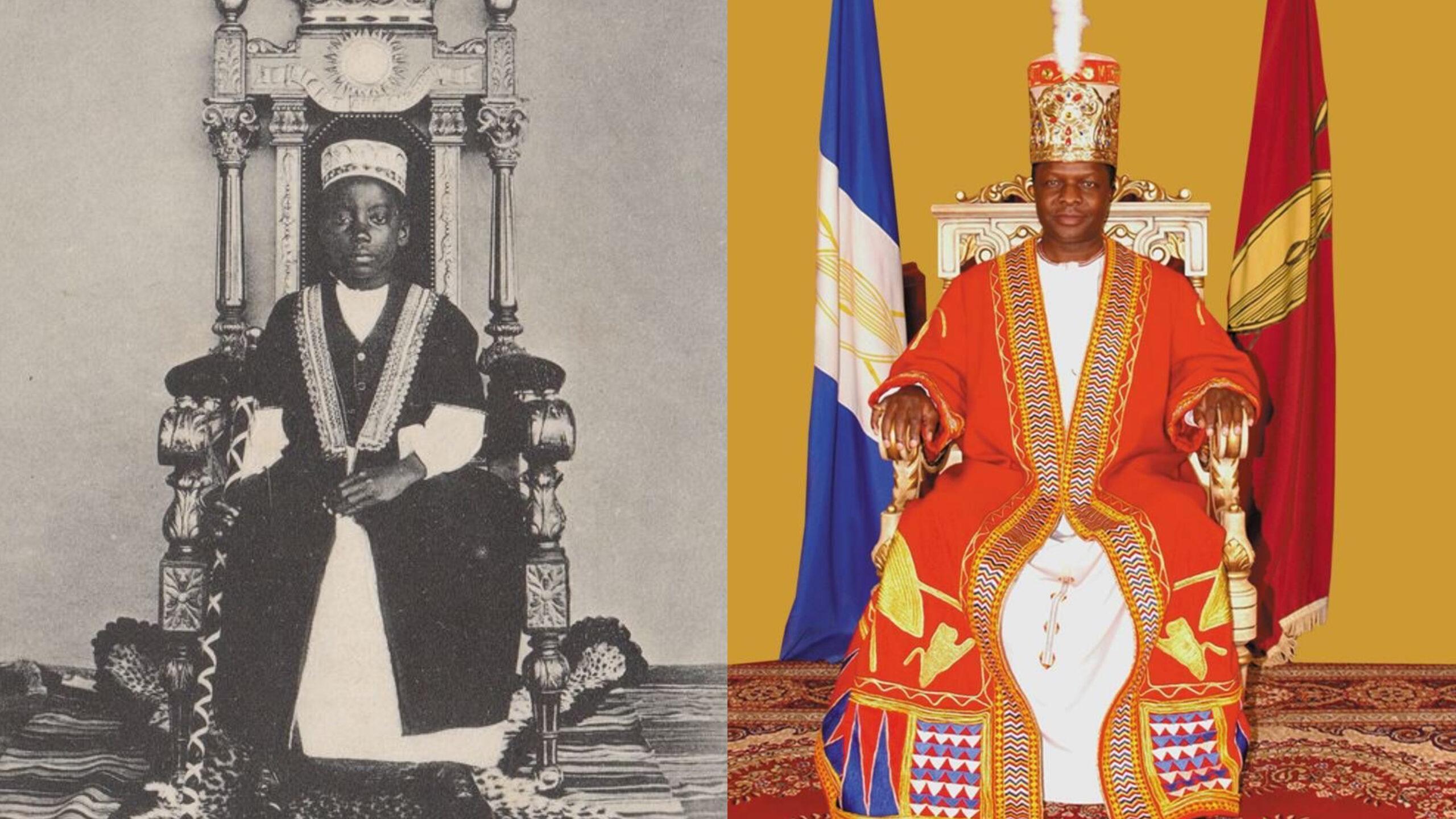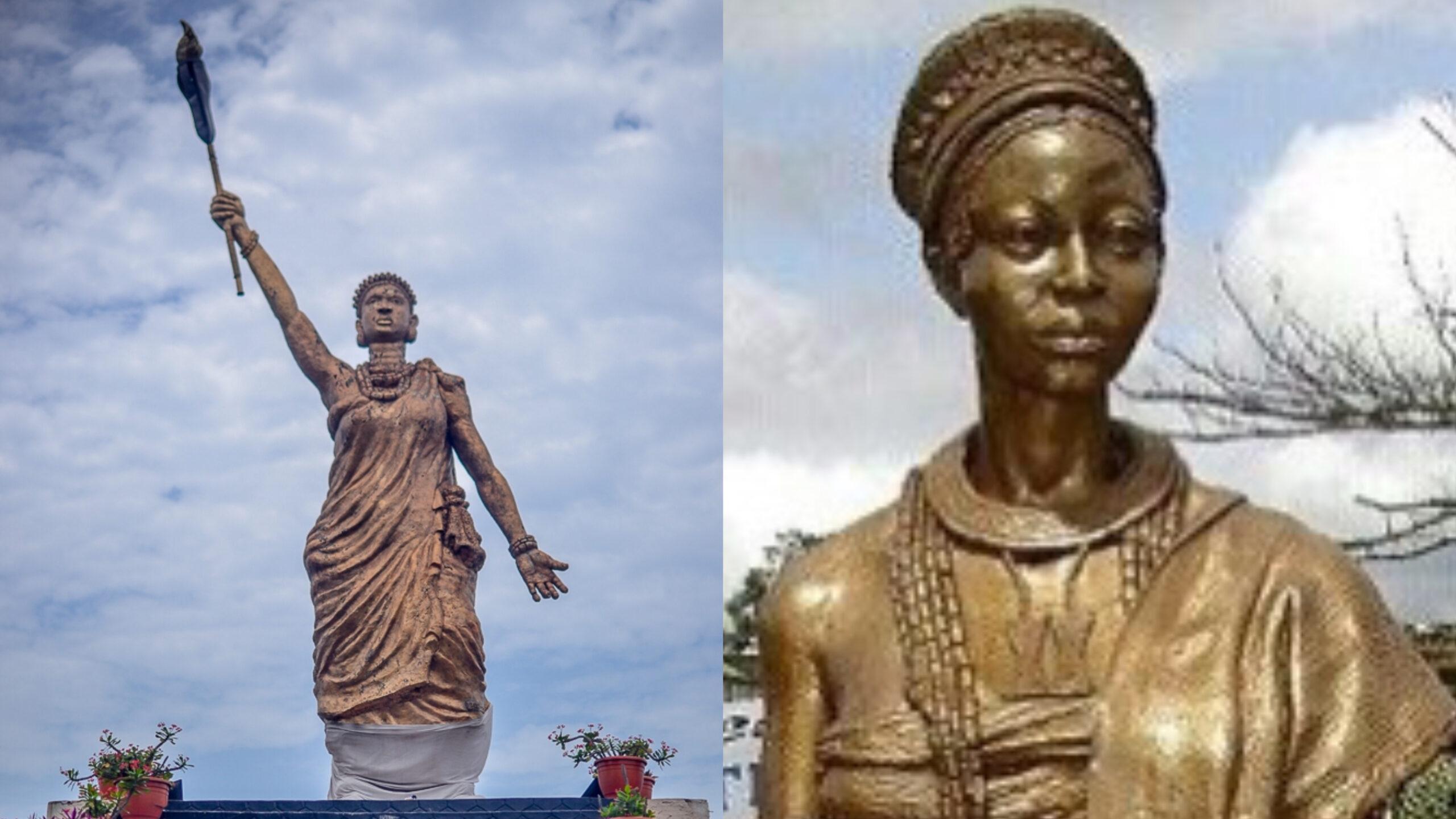The African kingdom of Axum (also known as Aksum) was established in the 1st century CE, situated on the northern edge of the highlands of the Red Sea coast just above the Horn of Africa, flourished between the 3rd and 6th centuries CE, and then existed as a much smaller political entity into the 8th century CE. Ethiopia, Eritrea, Djibouti, …
Read More »Empires and Kingdoms
The Kingdom of Kongo [1390–1857]
The Kongo kingdom is one of the kingdoms that flourished in the 1300s (14th century). We touch on the history of countries such as Angola and the Democratic Republic of the Congo when we talk about the history of the Kingdom of Kongo today. It is recorded that the Kingdom of Congo was one of the most powerful kingdoms in …
Read More »Mali Empire, one of the strongest African Empires
The Mali Empire was an empire in West Africa from c. 1235 to 1670. The empire was founded by Sundiata Keita and became renowned for the wealth of its rulers, especially Mansa Musa. The Manding were most common languages spoken in Mali Empire. The history of mali begins in 1050, with the Almoravids being the ruler of a small Malian …
Read More »Shilluk Kingdom established in1490
The Shilluk Kingdom was situated in modern South Sudan along the banks of the White Nile river. It inhabited the capital and royal residence in Fashoda. According to their historical folklore and the account of neighboring tribes, the kingdom was founded during the period around the mid-fifteenth century CE by its first ruler, the demigod Nyikang. The Shilluk were impacted …
Read More »The British nightmare. King Sekhukhune I of Bapedi [1814 – 1882]
From 21 September 1861 until his assassination on 13 August 1882 by his rival and half-brother, Mampuru II, Sekhukhune I (Matsebe; circa 1814-13 August 1882) was the paramount King of the Marota, more commonly known as the Bapedi. The independent South African Republic (Dutch: Zuid-Afrikaansche Republiek) the independent South African Republic (Dutch: Zuid-Afrikaansche Republiek) was faced with political challenges by …
Read More »How the city of Benin was looted and burnt to the ground by British soldiers
Kingdom of Benin was one of the strongest and most prosperous kingdoms in history known. From the beginning of the 15th century to the early 17th century, the progress of this kingdom was very clear. Benin was a beautiful city, apart from influence and prosperity, particularly the residence of the leaders. At that time, the people of Benin produced palm …
Read More »Kingdom of Mapungubwe, the first state in Southern Africa [12th Century CE]
The ancient city of Mapungubwe (meaning ‘hill of the jackal’) is an Iron Age archaeological site in the Limpopo Province on the border between South Africa, Zimbabwe and Botswana, 75 km from Messina. It sits close to the point where the Limpopo and Shashe Rivers meet. One thousand years ago, Mapungubwe appears to have been the centre of the largest …
Read More »Buganda Kingdom, the largest of the traditional kingdoms in East Africa
Buganda is a kingdom in Uganda also known as kingdom of the people of Ganda. It is the largest of the traditional kingdoms in present-day East Africa, consisting of the Central Region of Uganda, including Kampala, the Ugandan capital. The 6 million Baganda (singular Muganda; also simply referred to by the root word and adjective, Ganda) make up the largest …
Read More »Moremi Ajasoro, the sacrificial princess of the 12th century Yoruba Kingdom most beloved
Evidently, the story of one of the Yoruba kingdom’s first princesses, Moremi Ajasoro, is fascinating and points to the significant role women have played and continue to play in the unity of African kingdoms and nation-states. In the first kingdom of the Yoruba people, Ile-Ife, Moremi Ajasoro, popularly named Moremi, is regarded by all accounts to have been a highly …
Read More »Oyo Empire & the Alaafin. Traditions of an Ancient Yoruba Kingdom
The presence of the ancient and powerful Kingdom (and later Empire) of Oyo under the direction of the Alaafin of Oyo in the geographical zone now described as Southwestern Nigeria was one of the most significant characteristics of Yorubaland. The role and scope of Oyo’s impact in establishing a Yoruba identity and consciousness among the Yoruba has continued to resonate …
Read More » The African History Truly African
The African History Truly African
